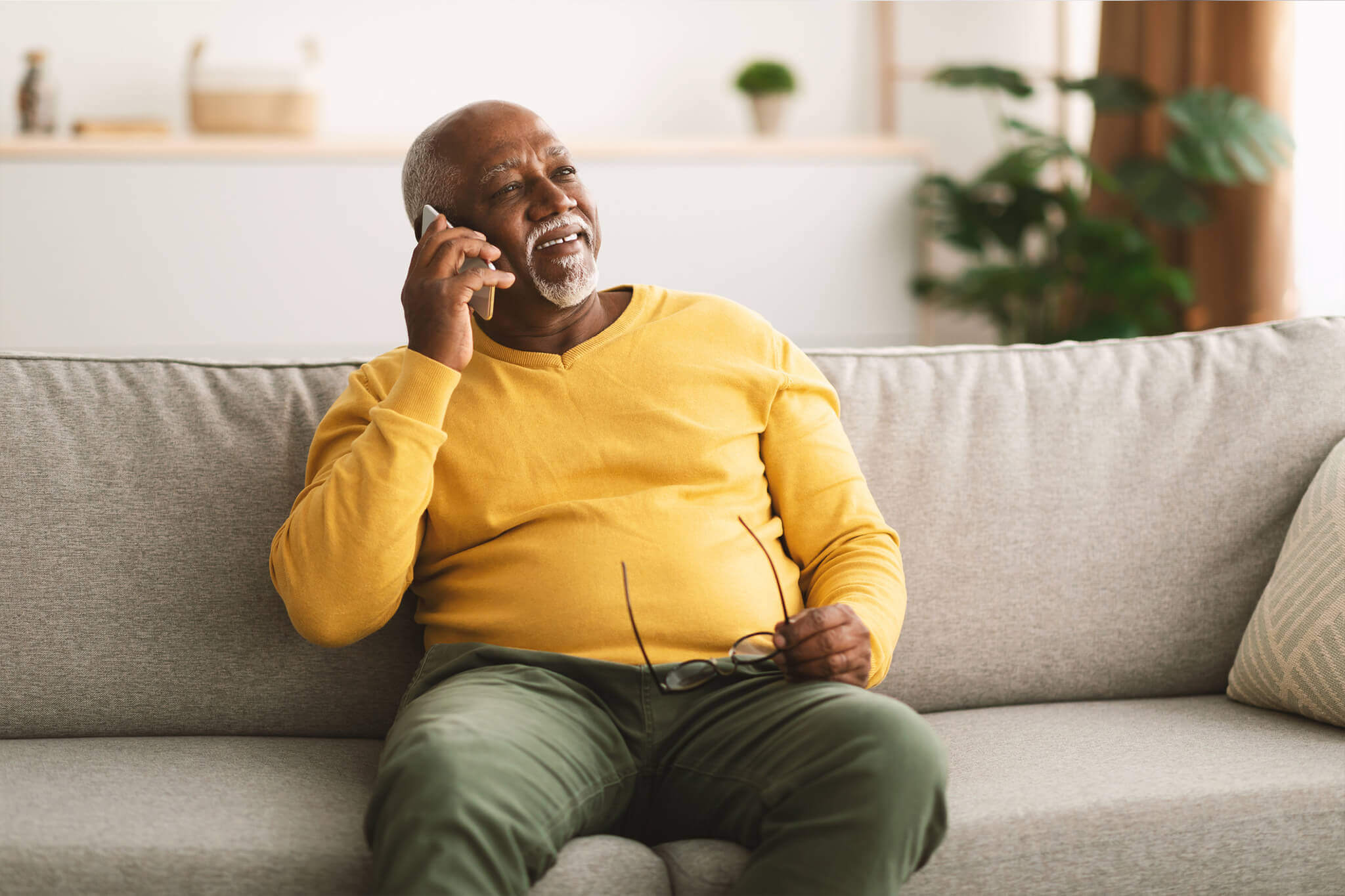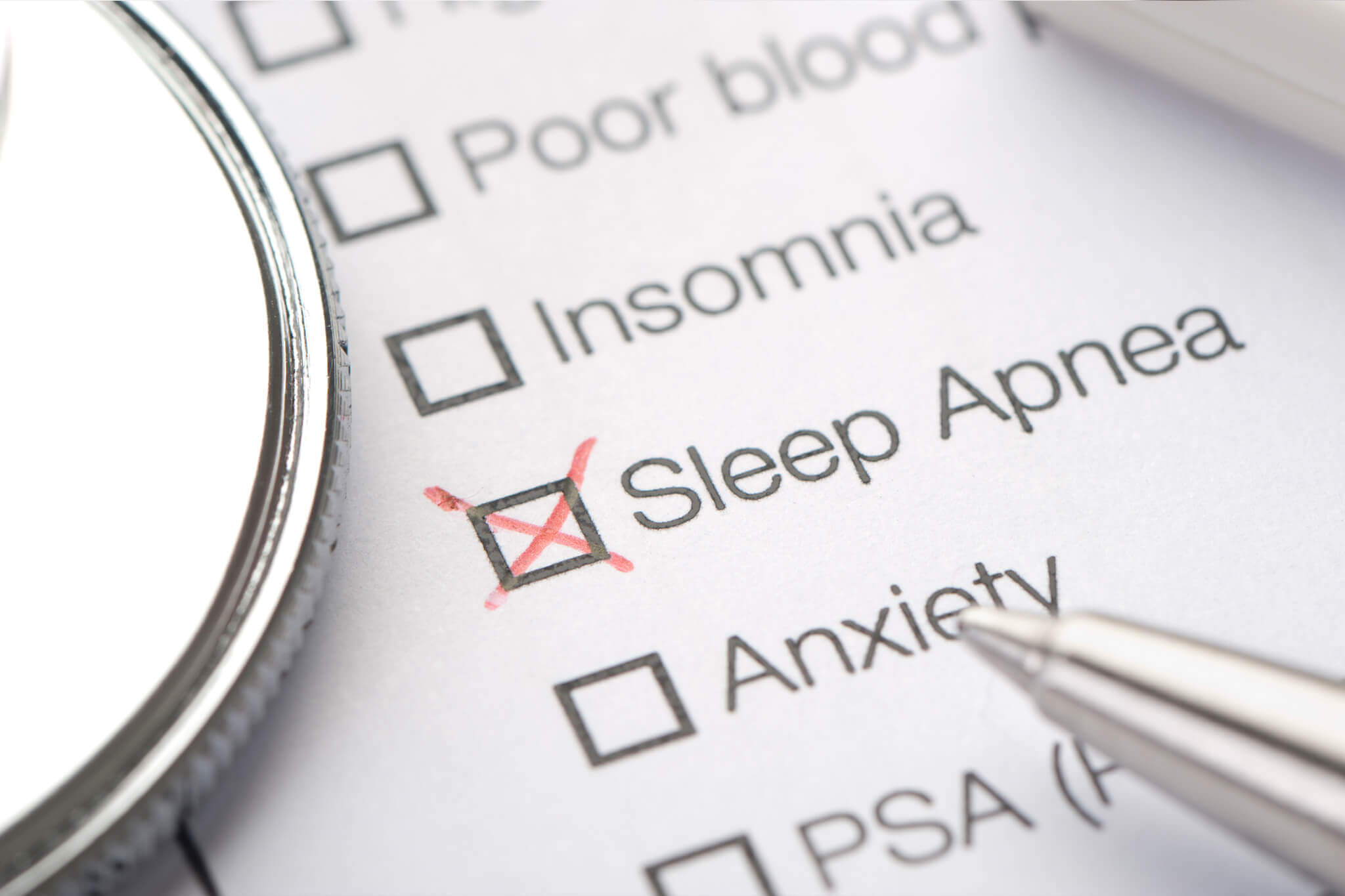Insomnia (sleep deprivation), anxiety, and depression are challenging to deal with in themselves. Now imagine having all three conditions simultaneously. The impact is not just cumulative — it is exponential. These disorders are not mutually exclusive. They reinforce or amplify each other. Sleepless nights make anxiety and depression worse. Anxiety causes difficulties in sleeping properly. Depression steals energy and motivation, which only makes it harder to sleep or cope with anxious thoughts. Before long, a person with these conditions is caught in a self-perpetuating cycle, where a normal life feels increasingly out of reach.
Breaking free from this exhausting cycle requires more than willpower or wishful thinking. It demands a comprehensive treatment approach, one that targets the interconnected nature of these conditions.
Fortunately, there are evidence-based treatments that target not just the symptoms, but the underlying causes themselves. Below are four well-supported treatment approaches for tackling anxiety, depression, and insomnia together. These treatments are often combined to address the psychological, emotional, and physical factors that influence these conditions.
Cognitive Behavioral Therapy (CBT)
When it comes to insomnia, anxiety, and depression, cognitive behavioral therapy (CBT) is considered the gold standard for good reason. It does not just skim the surface; it gets to the root: the habits and thought patterns that keep people stuck. Specifically, CBT for insomnia (CBT-I) is designed to identify and change the thoughts and behaviors that sabotage sleep, like catastrophic thinking (“If I don’t sleep, tomorrow will be ruined”) or chaotic sleep schedules that throw a person’s circadian rhythm (the body’s internal clock) out of kilter.
At the same time, CBT addresses the underlying cognitive patterns tied to anxiety and depression, helping people recognize distorted thinking, challenge irrational fears, and build healthy coping strategies. By targeting these interconnected issues together, CBT often leads to significant improvements across the board—reduced anxiety, a better mood, and consistent, restorative sleep.
Medication
Pharmacological intervention plays a crucial role in managing the symptoms of anxiety, depression, and insomnia, especially when they start to interfere with day-to-day life.
Selective serotonin reuptake inhibitors (SSRIs), commonly prescribed for both anxiety and depression, help regulate mood over time, although they may initially disrupt sleep patterns. For short-term symptom relief, healthcare providers may also prescribe sleep aids or anti-anxiety medications. However, these are typically used with caution due to the risk of dependency and potential side effects.
It is worth noting that medications are typically used as an adjunct, meaning they are part of a broader treatment plan. When used as a standalone treatment for insomnia along with anxiety and depression, medications may have less-than-optimal effects.
Lifestyle Modifications
Unhealthy lifestyle habits often contribute significantly to the development or worsening of anxiety, depression, and insomnia, yet they are frequently underestimated.
A structured daily routine, including having consistent sleep and wake times, helps regulate the circadian rhythm, making it easier to fall and stay asleep. Regular physical activity releases endorphins, reduces stress hormones, and improves sleep quality. Mindfulness practices, such as meditation or yoga, promote relaxation and help quiet racing thoughts that interfere with rest.
Nutrition plays an equally important role in reining in the three conditions. Choosing nutrient-dense, whole foods (e.g., fruits, vegetables, lean proteins, and healthy fats) provides the building blocks for brain chemicals responsible for regulating mood and sleep.
Bright Light Therapy
This approach involves exposing the eyes, specifically the retina, to artificial light, which is the mechanism by which it influences the body’s internal clock and helps regulate sleep patterns and mood. The retina, the thin layer of tissue located behind the eyeball, contains specialized cells that are sensitive to light, especially blue light from the sun or artificial sources. When light enters the eye, the retina sends electrical impulses through the optic nerve to a part of the brain called the suprachiasmatic nucleus (SCN), which controls the circadian rhythm.
When the retina detects morning light, it prompts the SCN to suppress melatonin (the hormone that helps promote sleep) and signals the body to wake up and feel alert. As it gets darker, those signals fade, thereby boosting melatonin production and preparing the body for sleep.
Bright light therapy shows promising results for insomnia and depression and also has anxiolytic (anti-anxiety) effects. By resetting the circadian rhythm, it helps improve sleep quality, boost energy levels, and tamp down the symptoms of anxiety and depression.
Treatment for Insomnia in Reno Sparks, NV
Here at MelioREM Sleep Clinic, board-certified sleep medicine and internal medicine physician Dr. Innocent Ezenwa specializes in helping people sleep their way to better health and a happier life.
Dr. Ezenwa works closely with patients to understand their unique needs and circumstances and develop a holistic, personalized treatment plan aimed at improving not just their sleep, but their overall health and quality of life.
To learn more about our services or to schedule an appointment with Dr. Ezenwa, contact our office at (775) 557-4900.




